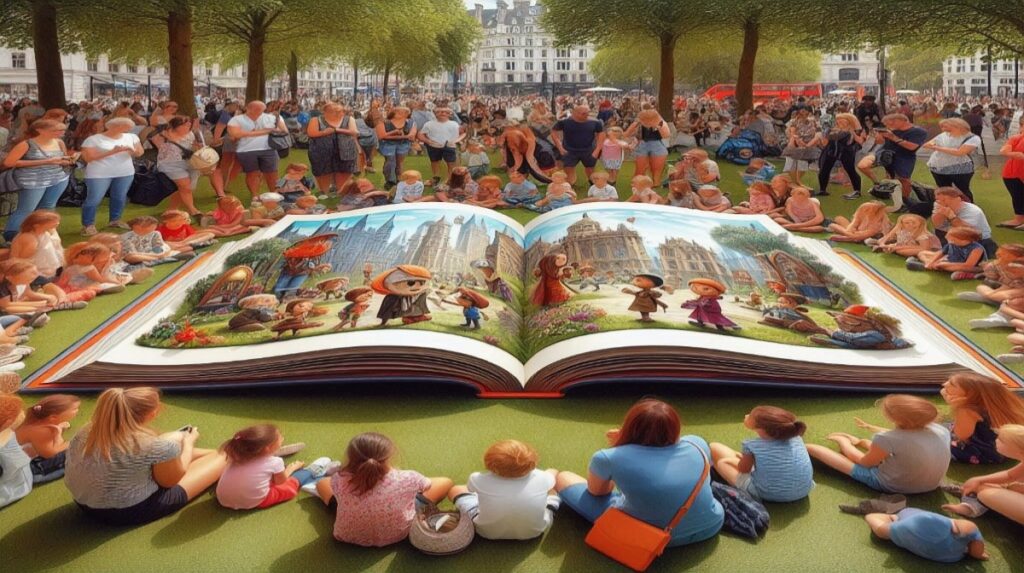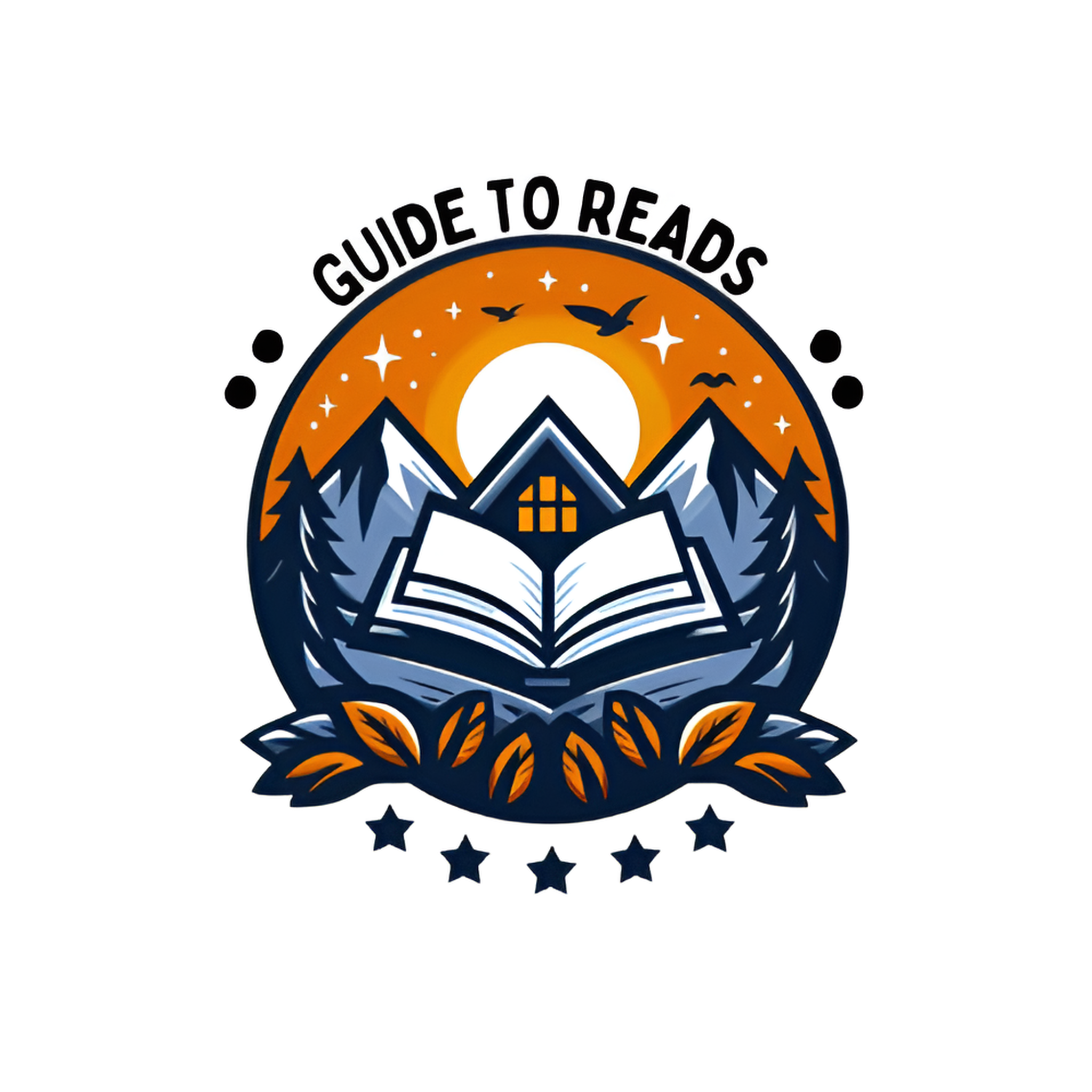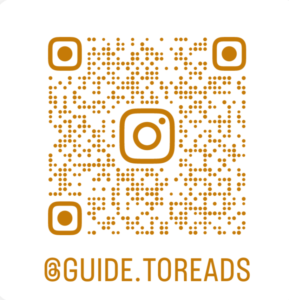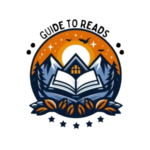Books are not just vessels for escaping reality or expanding our knowledge on a certain topic. They hold within their pages valuable lessons that can inspire and shape our lives. In this fast-paced world where it’s easy to get caught up in the hustle and bustle, we often overlook the valuable life lessons that books have to offer. Let’s take a moment to explore some of these hidden gems and see how we can apply them to our own lives. Welcome to our blog post on extracting life lessons from books.
I. Finding the best life lessons from books
Books are not just a source of entertainment; they are a treasure trove of wisdom waiting to be discovered. Within the pages of a book, we can find valuable life lessons that resonate with us on a profound level. Whether it’s a fictional story or a non-fictional account, books have the power to impart knowledge and provide guidance for our own journeys.

As we immerse ourselves in the lives of characters, we can learn from their experiences and apply those lessons to our own lives. We witness their triumphs and failures, their joys and sorrows, and through their stories, we gain insights into our own struggles and triumphs. Books become a mirror through which we can reflect upon our own lives and make sense of our own experiences. This process of reflection is key to deriving meaningful lessons that can positively shape our perspectives and behaviors.
II. Life Lessons Learned from books
1. Empathy and Understanding: Walking in someone else’s shoes
One of the most profound lessons literature teaches us is the importance of empathy and understanding. Through the stories we read, we are transported into the lives of characters from different backgrounds, cultures, and experiences. We learn to see the world through their eyes, fostering compassion and tolerance.
There is something deeply humanizing about stepping into another person’s perspective, even if just for a little while through the pages of a book. It allows us to better understand different viewpoints and life experiences. In turn, this fosters qualities like empathy, compassion, and kindness towards others.
An example of a book that beautifully illustrates this lesson is « To Kill a Mockingbird » by Harper Lee. Set in the racially charged atmosphere of the American South during the 1930s, the novel follows the journey of Scout Finch, a young girl who learns about empathy and justice from her father, Atticus Finch. Atticus’s teachings about walking in someone else’s shoes resonate with readers, reminding us of the power of empathy in fostering a just and compassionate society.
Other books that explore the theme of empathy and understanding include « The Book Thief » by Markus Zusak, which offers a unique perspective on the human experience during World War II, and « The Help » by Kathryn Stockett, which delves into the lives of African-American maids in the 1960s American South. These stories transport us into different circumstances, challenging our perceptions and fostering deeper empathy, sympathy and compassion.
- Discover the Best New Historical Fiction: Must-Read Novels of 2024
- Top 10 Best Books on Greek Mythology and Religion: A Deep Dive into Ancient Beliefs
- Books by Carol Dweck: Exploring the Power of a Growth Mindset
2. Resilience and Courage: Overcoming adversity
Life is filled with challenges, and literature often serves as a guide to help us navigate those obstacles. Books teach us about resilience and courage, showing us that even in the face of adversity, we have the strength to persevere and achieve our goals.
« The Alchemist » by Paulo Coelho is a prime example of a book that imparts this lesson. The novel follows the journey of Santiago, a young shepherd who embarks on a quest to find his personal legend. Along the way, Santiago encounters numerous challenges and setbacks. However, his steadfast belief in himself and refusal to give up on his dreams provide an inspiring lesson about the power of perseverance. Readers are left feeling uplifted by his unwavering determination and belief in his dreams. This story inspires us to embrace our own resilience and pursue our passions, even in the face of difficulties.
Other books that explore the theme of resilience and courage include « The Kite Runner » by Khaled Hosseini, which examines themes of guilt, loyalty and redemption against a backdrop of war and political upheaval in Afghanistan. It highlights humanity’s capacity for both violence and compassion. « The Grapes of Wrath » by John Steinbeck tells the story of the Joad family’s struggle for survival during the Great Depression. Through their trials and tribulations, the story celebrates the spirit of resilience and our shared humanity.
3. Love and Relationships: The complexities of human connections
Love and relationships are central to the human experience, and literature offers profound insights into the complexities of these connections. Through the pages of a book, we witness the joys, heartaches, and growth that come with love in all its forms.
« Pride and Prejudice » by Jane Austen is a classic that explores the intricacies of romantic relationships. The evolving connection between Elizabeth Bennet and Mr. Darcy showcases the importance of understanding, respect, and personal growth in fostering a meaningful relationship. Their journey from pride and prejudice to love reminds us that relationships are never straightforward but rather a process of mutual discovery and acceptance.
Other books like « Jane Eyre » by Charlotte Bronte delve into complicated themes of love, independence, and societal expectations. « Gone with the Wind » by Margaret Mitchell portrays the passionate yet tumultuous love affair between Scarlett O’Hara and Rhett Butler during a time of profound change and upheaval. Through these stories we gain a richer appreciation of love’s complex nature and our shared humanity.
4. Identity and Self-Discovery: Finding oneself
The search for identity and self-discovery is a universal human experience, and literature often serves as a guide on this transformative journey. Books allow us to explore the depths of our own identities and understand the complexities of the human psyche.
« The Catcher in the Rye » by J.D. Salinger is a novel that has resonated with readers for decades. The protagonist Holden Caulfield grapples with adolescence and seeks authenticity during his journey of self-exploration. Though confused at times, his quest reminds us that defining our identity is an ongoing process, not a simple destination. Personal growth comes through facing life’s challenges, even if it means making mistakes along the way.
Other books that tackle this theme include « The Bell Jar » by Sylvia Plath, which offers a raw and unflinching look at societal expectations and the struggle for inner peace. « The Perks of Being a Wallflower » by Stephen Chbosky highlights the delicate balance between fitting in and staying true to oneself as a teenager navigates high school. Cheryl Strayed’s memoir « Wild » also chronicles her journey of healing and self-discovery through hiking the Pacific Crest Trail. These works illustrate that true understanding begins from within; their themes of transformation continue to resonate with readers.
5. Morality and Ethics: Defining right and wrong
Morality and ethics are fundamental aspects of the human experience, and literature often challenges us to reflect on our own values and beliefs. Books prompt us to question norms, explore consequences, and contemplate good and evil.
« 1984 » by George Orwell serves as a thought-provoking novel examining totalitarianism, truth and social control. Through the eyes of Winston Smith, we see the fragility of freedoms in a repressive society. His struggle underscores the vital importance of autonomy, free will and questioning oppressive power structures.
Other books delving into morality and ethics include « Brave New World » by Aldous Huxley and « Fahrenheit 451 » by Ray Bradbury. Both dystopian novels caution against dogmatic conformity and the dangers of sacrificing dissent. additionally, « Lord of the Flies » by William Golding and « Crime and Punishment » by Fyodor Dostoevsky explore the human capacity for both good and evil. Ultimately, great literature challenges us to continuously re-examine our own moral compasses.
- The 20/20/20 Formula: Transform Your Mornings and Your Life
- Master Productivity with the 90/90/1 Rule
- the most powerful manifestation methods
6. Growth and Change: Embracing transformation
Change is an inevitable part of life, and literature often serves as a guide on how to navigate and embrace transformation. Books teach us about the power of personal growth, the importance of adapting to new circumstances, and the beauty that can arise from positive change.
« The Secret Garden » by Frances Hodgson Burnett is a beloved novel that explores themes of restoration and renewal on multiple levels. The story follows Mary Lennox, who discovers a hidden garden in a state of neglect. Through caring for the garden and forming new friendships, Mary undergoes her own transformation. The tale reinforces that growth is a process, and that positive change stems from nurturing our relationships, passions, and environments.
Other books with similar messages of change include « The Diary of Anne Frank » which documents personal and societal transformation amid turmoil. Additionally, « To Kill a Mockingbird » highlights the growth of Scout Finch as she comes to understand complex issues of racism and justice in her town. These stories remind us that periods of transition can promote deeper understanding when faced with open and compassionate hearts.
III. Extracting Life Lessons
While reading, it’s important to actively seek out and extract the life lessons embedded within the text. Here are some tips to help you identify and reflect upon these lessons:
- 1. Pay attention to recurring themes or motifs in the book. These can often point towards underlying messages or lessons the author wants to convey. Look for repeating ideas, symbols or character traits.
- 2. Take note of any quotes or passages that resonate with you on an emotional or intellectual level. These excerpts can serve as valuable nuggets of wisdom that you can carry with you beyond the pages of the book.
- 3. Reflect on how the characters’ actions, decisions, and experiences align with or diverge from your own values and beliefs. This process of comparison can prompt introspection and personal growth.
- 4. Engage in discussions with fellow readers or join book clubs to gain different perspectives and interpretations of the text. Exchange analyses to derive layered meanings.
- 5. Keep a reading journal to jot down your thoughts, reflections, and the key lessons you’ve learned from each text. Review past entries periodically. This process will help internalize and remember the insights over the long term.
Conclusion:
As we immerse ourselves in the pages of books, we discover that literature offers far more than mere diversion—it serves as our greatest teachers. Through compelling characters and insightful narratives, books impart profound lessons about empathy, courage, relationships, identity, ethics and change. These themes directly enhance our own lives by shaping perspectives, strengthening virtues and guiding personal development.
The next time you curl up with a book, reflect on the gifts it has to offer beyond fleeting entertainment. Recommend your favorite titles and their teachings to friends. Visit our website to find more thought-provoking recommendations and insights from impactful literature. Most importantly, keep an open mind and heart to let the wisdom of these extraordinary teachers enhance your growth. Continuous learning is life’s most rewarding journey, and books remain our most dedicated companions along the way.



































Thanks for sharing. I read many of your blog posts, cool, your blog is very good.